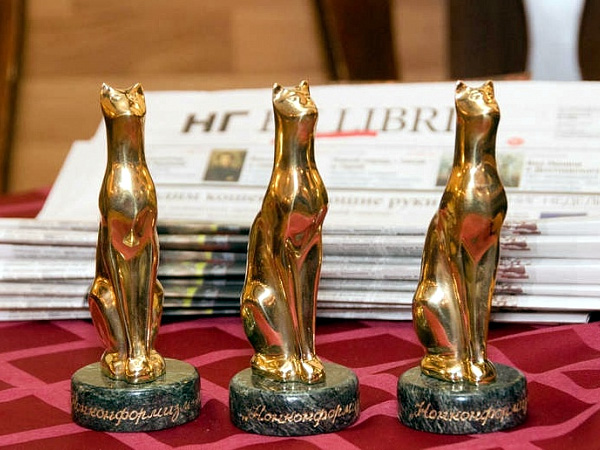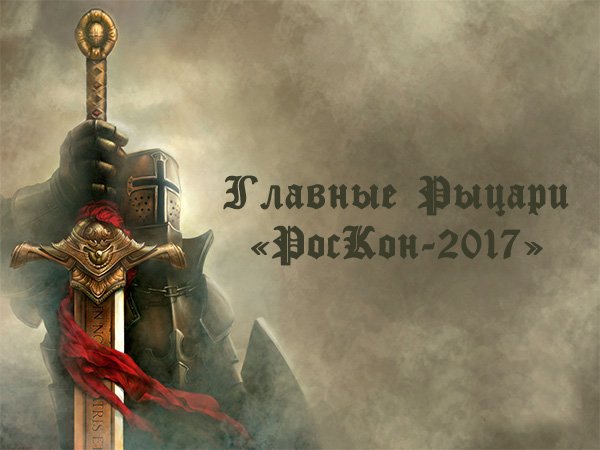A thorny path to real democracy. Review of Sasha Krugosvetov’s “Dado Island. The Superstitious Democracy”

В первом номере англоязычного журнала «Russian Bell» опубликована рецензия Максима Свириденкова на книгу Саши Кругосветова «Остров Дадо. Суеверная демократия», изданную в Лондоне в переводе на английский язык (подробнее об этом издании здесь: Dado Island. The Superstitious Democracy).
Ниже оригинальный текст публикации:
Maxim SVIRIDENKOV
Review of Sasha Krugosvetov’s “Dado Island. The Superstitious Democracy”
DADO ISLAND. THE SUPERSTITIOUS DEMOCRACY
Translated by Josephine von Zitzewitz
112pp.
978 5 905939 52 5
APIA-London-2014, International Union of Writers-Moscow-2014.
Sasha Krugosvetov’s debut young adult fiction novel, “Dado Island. The Superstitious Democracy,” became quite popular in Russia, and has now been translated into English and published in London.
The main character of the book is Captain Alexander, who lived in the late 19th – early 20th centuries. His wooden ship approached Dado Island, a very large island, also called Maidanscar (Maidan, for short). The second name of the island, Maidanscar, presents a double allusion. It reminds us of Madagascar: the fourth largest island in the world, located in the Indian Ocean off the eastern coast of southern Africa, and famous for the uniqueness and rarity of many of its plant and animal species. Additionally, a remark in the book tells us that “Maidan” is originally an Arabic word meaning, “open space, market, square,” and in the book, Maidan is a place the local community uses for meetings.
The most surprising thing in the novel is the irony of Dado Island: Dado Island is completely isolated, which had resulted not only in a slowing down of the evolution of animals and plants, but also in a truly incredible development of the social relations between those animals. As Captain Alexander describes to his sailors, “This animal country now has an administration like France or England – a parliament which is elected by all the inhabitants of this unusual island, who enjoy equal rights. Anybody can vote, and anybody can be elected. Anybody, from the biggest crocodile down to the smallest midge or mosquito. That is the principle of this animal democracy, which is millions of years old already.”
Thus, from the very first pages of the novel, the author begins to build his world where children can find exciting adventures of brave and funny characters, lots of interesting facts about exotic animals and plants, but where teenagers and adults can also find lots of food for thought. In this respect, the book continues the tradition of classical European literature such as Jonathan Swift’s “Gulliver’s Travels” and La Fontaine’s fables, yet the novel is also inspired by classical and modern Russian literature.
Chapter by chapter, Sasha Krugosvetov reveals the various stages of democracy formation on Dado Island. At the beginning, the reader discovers that before the democracy came into power, there was a dictatorship of the workers, the regime established by the Zebu bulls, which should really have been called “dictatorship of the Zebu.” After many years, a Zebu from the new generation of bulls understood that things could not continue in the same way. The book says, “He found some allies, and together they began building a new society built on democratic principles.” And since that time, animals quickly began to establish new political parties such as the Lemur party “Society for Peace and Justice on Maidan” (SPAM), the party of moths and butterflies, called “Butterflies Appeal” (BAPL), the new party of Zebu, called “New Workers’ Corporation” (New WORKCORPS).
However, the real power was concentrated now only in the hands of the Lizard Party “Your United Maidan” (YUM), which brought together ordinary lizards, chameleons, iguanas, grass snakes, boas, crocodiles, geckos, tortoises, and skunks. They had gained the majority in parliament. “How could this happen? Everybody knew that those who didn’t vote for YUM were eaten immediately. Because of that the insects and rodents (who constituted the majority) all voted for YUM.” Surely it isn’t a real democracy, though it can be beginning of the way to this one.
Actually, we can read the first chapters of “Dado Island” as the entertaining stories about human-like animals; although it’s easy to understand the entertainment level, in fact, the story is also an allusion to the thorny path to democracy in human society. To a certain extent, of course, the author represents recent decades of democracy building in Russia, but he was also able to generalize it to the universal representation of successes and failures of democracy during the early stages of its establishment, which we can see both in most of the young democratic countries around the world and in the history of a number of countries with old democratic traditions.
The history of mankind shows us that democracy sooner or later overcomes the difficulties standing in the way. Probably, Sasha Krugosvetov also believed in it during developing the plot of his novel. When we continue to read the book, we find that Dado Island got its name in honor of Dado bird. “They put up sculptures of Dado all over the island, some of them crude, some of them intricately carved. Nobody knew who had carved them from stone or hewn them from wood, as the modern inhabitants of Maidan were incapable of doing either. They discussed the origin of the statues and concluded that they must have been created by some ancient progressive civilization.” Although in fact, Dado was a prehistoric bird, called Epiornis, who used to live on the island at the time of the tale – a real giant among birds, three meters tall and weighing up to 500 kg. Captain Alexander found the last bird of the ancient Dado race, solved her problem, and Dado helped islanders to get rid of their superstitions, and with that “superstitious democracy” on the island also began to transform into a more genuine democracy.
Nonetheless, Dado bird is not merely a character in the story, but also a symbol of human ideals of justice and freedom. Only people who grasp these ideals can build their happiness in a real democratic society. So, Sasha Krugosvetov’s novel is not only interesting reading, but also it makes you wonder about important things that make our world a better place.
About Sasha Krugosvetov
Sasha Krugosvetov is a pen name of Lev Lapkin, a Russian novelist and short story writer, a chairman of the St. Petersburg Organization of the International Union of Writers and a member of the Authors and Publicists International Associations (London). Before becoming a writer, he worked in science research. Lev Lapkin is PhD in Engineering sciences, granted 27 patents for his inventions, and all his inventions were introduced into production.
As a writer, he is best known as the author of the Adventures of Captain Alexander children’s book series and as the author of mainstream fiction books for adult readers. His most notable awards include 2014 Alisa Award of the International Science Fiction and Fantasy Convention “RosCon” for the best children’s fantasy book, 2014 Moscow Literary Prize for the book “One Hundred Years in Russia,” 2015 Silver RosCon Award of the International Science Fiction and Fantasy Convention “RosCon” for the best short story book, the International Adam Mickiewicz Medal (Moscow/Warsaw, 2015), the Commemorative Medal of the Russian Imperial House “Anniversary of the Nation’s Victory, 1613-2013” for the activity for the good of the Russian State (2015), 2016 Special Award of the Organizing Committee of the International Science Fiction and Fantasy Convention “RosCon” for the contribution to the development of science fiction and fantasy literature, and 2016 annual prize of the newspaper “Literaturnaya Rossiya” (“Literary Russia”).
 Интернациональный Союз писателей представляет двухтомник Саши Кругосветова «Остров Мория. Пацанская демократия»
Интернациональный Союз писателей представляет двухтомник Саши Кругосветова «Остров Мория. Пацанская демократия» Страх и трепет. Объявлены имена финалистов премии «Нонконформизм-2017»
Страх и трепет. Объявлены имена финалистов премии «Нонконформизм-2017» Главные Рыцари «РосКон-2017»!
Главные Рыцари «РосКон-2017»!